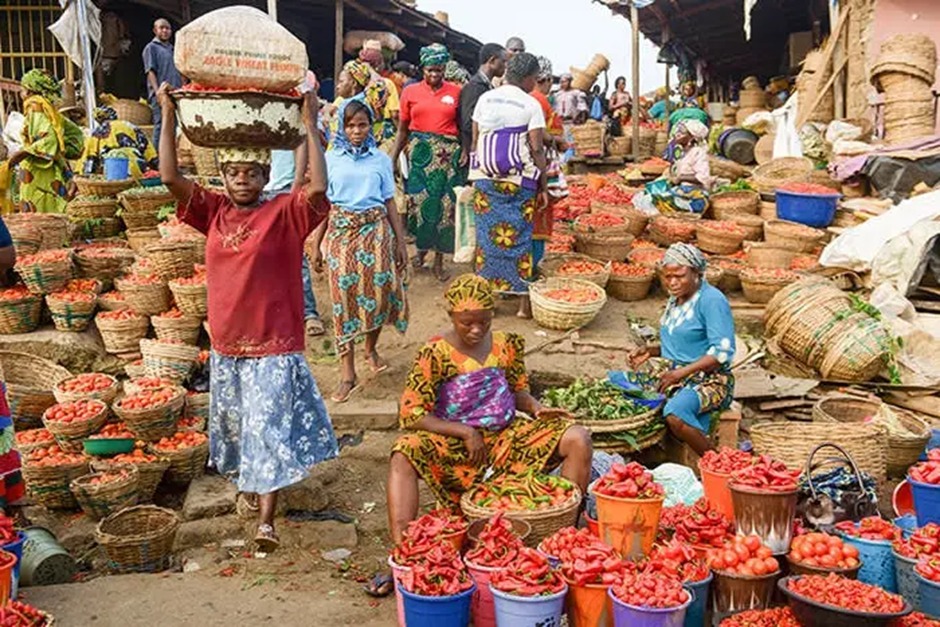The Federal Government established four technical working groups on food safety and released the updated National Policy on Food Safety and Quality on Friday.
This was done in Abuja as part of the celebrations for the 2024 World Food Safety Day, when the four inter-sectoral technical working groups were inaugurated by the Federal Ministry of Health and Social Welfare, the US Department of Agriculture, and other partners.
Prof. Ali Pate, the Coordinating Minister of Health and Social Welfare, stated that the TWGs would offer leadership and experience to promote strategic alliances, effective stakeholder communication, and capacity building.
He declared that the groups would enhance industry participation in national regulatory procedures and adherence to international food safety standards, as well as reinforce and harmonize Nigeria’s risk-based food safety systems and regulatory environment.
Pate stated that the Federal Ministry of Health and Social Welfare had authorized the formation of the four TWGs in January 2024. Pate was represented at the occasion by Daju Kachollom, the ministry’s permanent secretary.
The speaker stated, “The TWGs are focused on research, education for all stakeholders, traceability and supporting technologies, risk-based regulations, risk analysis in food and feed safety, and food and sanitary and phytosanitary inspection.”
“As we commemorate World Food Safety Day in 2024, we are reminded of the precarious balance that keeps this essential part of our lives going.”
“This year’s theme ‘Food safety: prepare for the unexpected’ is a trumpet call to action, a reminder that vigilance is the guardian of our sustenance and that unanticipated events can jeopardise the integrity of our food supply. Our determination is unwavering even in the face of enormous obstacles. Preparedness is more than just a watchword; it is also our shield against the unpredictable tides of adversity.”
He said that the National Policy on Food Safety and Quality and its implementation plan had been painstakingly amended by the FMHSW in collaboration with partners and stakeholders, all in the spirit of that.
Pate continued, “The policy addresses a spectrum of critical areas and is based on the One Health approach.”
“It includes risk analysis principles, the issue of new toxins in our food chain, and the construction of a comprehensive foodborne disease surveillance and response system. Furthermore, it establishes standards for the safe handling, marketing, and sale of food across our country,” the minister said.
Kelly Scavella, the USDA Foreign Agricultural Service’s Programme Manager, said in her remarks that the USDA-FAS was working with the Federal Ministry of Health and Social Welfare as well as other Nigerian stakeholders to help develop food safety systems that are applicable to producers, regulators, and consumers.
“The TWGs were established to address food safety concerns and support the growth of a robust agriculture and food industry by modernizing Nigeria’s food safety regulatory framework in accordance with international best practices.”
“The Nigerian government has strengthened food safety over the past ten years by analyzing and improving key elements of the country’s food safety control system.”
“Using the TWGs’ expertise aligns with the core mission of World Food Safety Day, which emphasizes the importance of collaboration and innovation in ensuring food and feed safety. The launch of these TWGs underscores Nigeria’s commitment to ensuring safe and reliable access to food in Nigeria as we commemorate this global initiative,” Scavella said.
Stakeholders were brought together for a prioritization workshop in December 2022 by FMHSW, the USDA, the Food and Agriculture Export Alliance, the University of Missouri’s Africa Food Safety Initiative, and the Nigerian Economic Summit Group in anticipation of the Food Safety and Quality bill becoming law.
In order to facilitate the formulation of science-based rules, workshop participants suggested that technical working groups be composed of specialists from the public, corporate, and academic sectors.
The Food Safety and Quality Bill was passed by the National Assembly in 2023. The 2023 election and conflicting agendas caused a delay in the Bill’s adoption; nonetheless, the responsible authorities persisted in pushing the modernization agenda by bringing stakeholders together again for a workshop on expertise coordination in November 2023.



